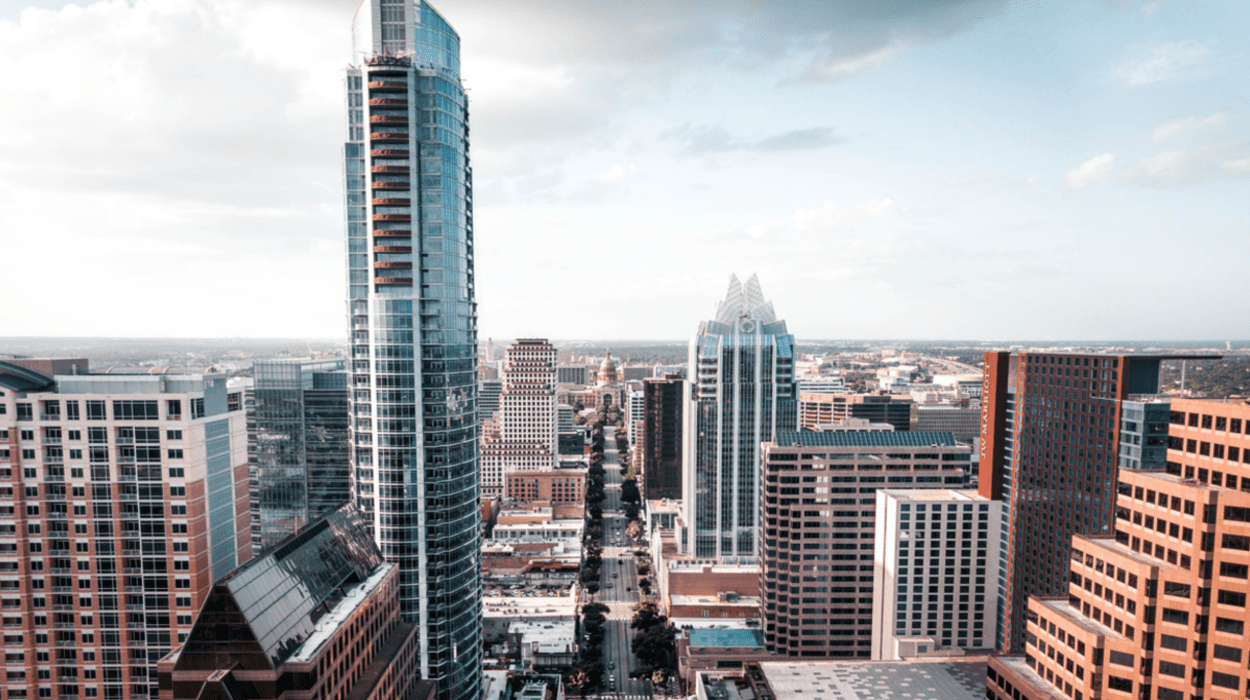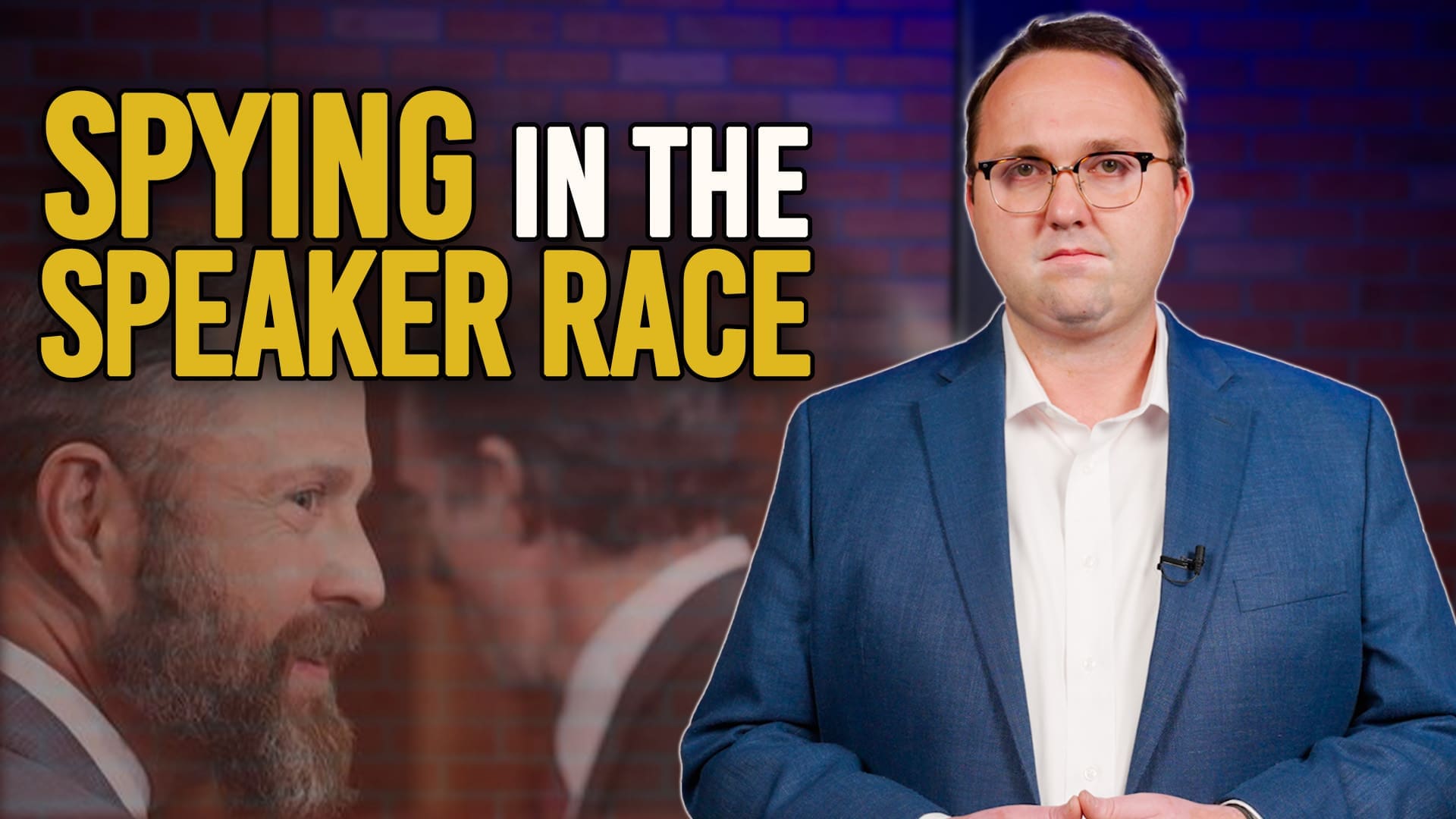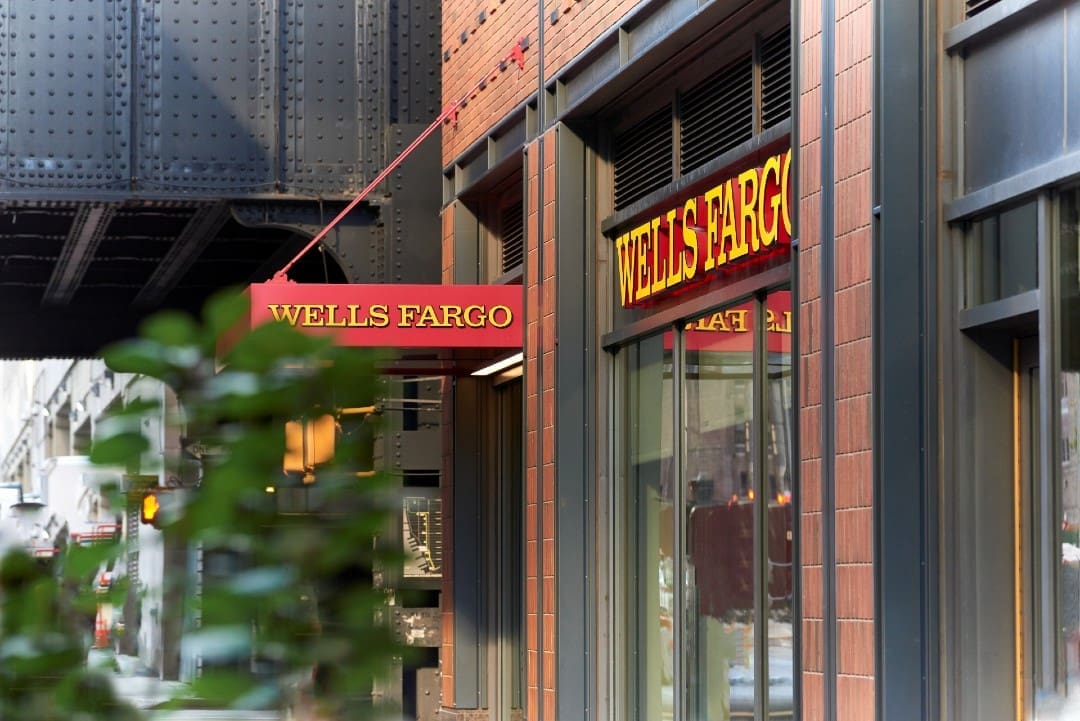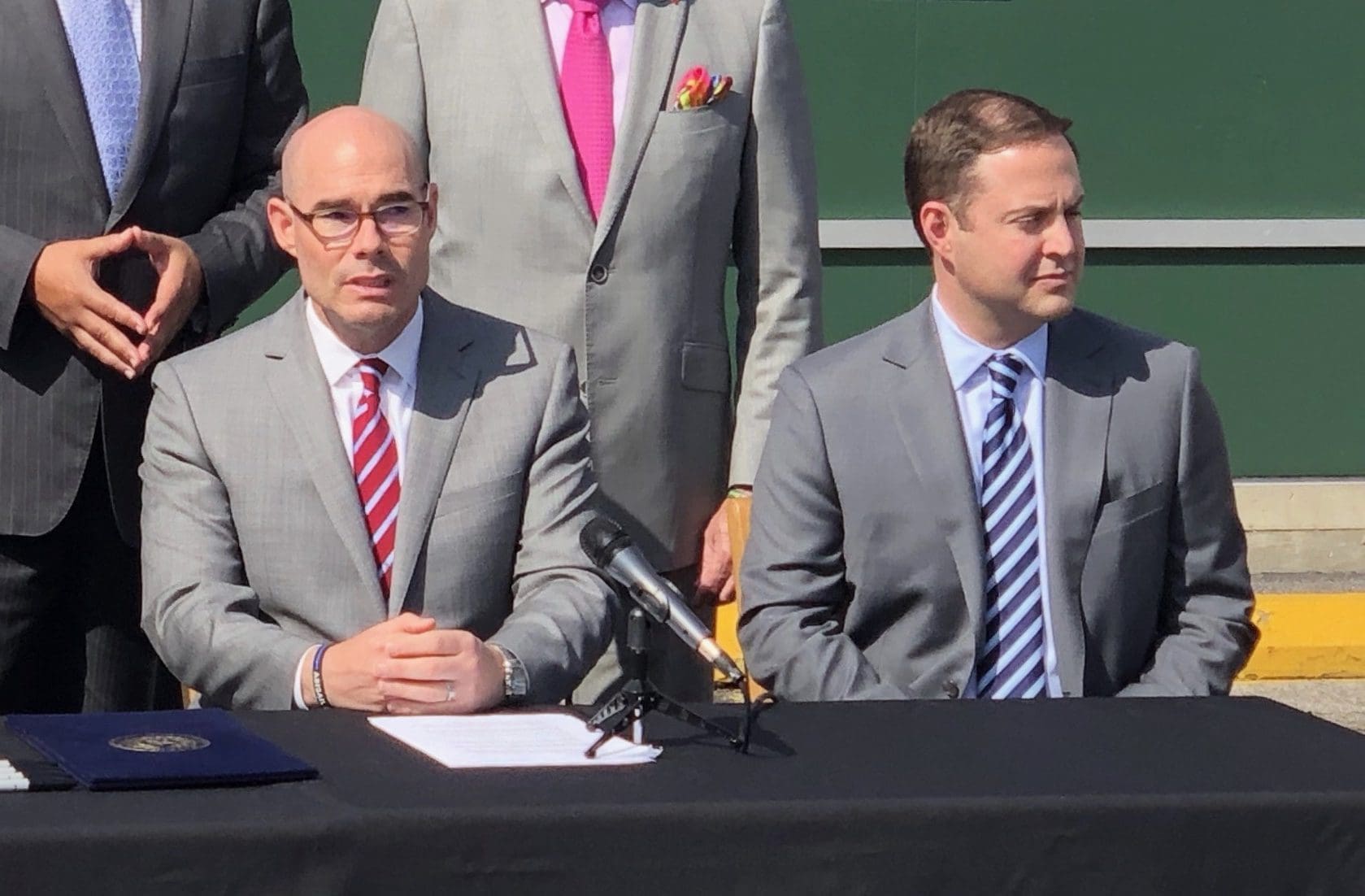AUSTIN — Two years of chaos in Texas’ capital city finally led to this.
On Saturday, in a long-anticipated election, Austinites voted overwhelmingly to stop the unrestrained vagrant camping that was rampant throughout the city. According to unofficial election results, Austinites—by a nearly 58 percent majority—approved Proposition B, the ballot question to restore the city’s public camping law.
The vote is a pivotal milestone in a contentious, nearly two-year saga.
The story began in 2019 when the Democrat-run Austin City Council repealed the longstanding camping law, allowing vagrancy squatting in nearly all public spaces (except city hall, notably).
The council’s action sparked a swarm of new tent cities along sidewalks and neighborhoods, a drastic increase in the city’s homeless population, a more dangerous public environment, and a wildfire of public backlash (including warnings from numerous law enforcement officials and a citizen-led petition with more than 126,000 signatures).
Violent crime subsequently rose by double digits, with homicides up 64 percent year over year in 2020 and continuing to rise to record numbers this year.
Countless citizens also testified and shared the assaults, thefts, vandalism, and other aggravated crimes they have experienced over the past two years at the hands of criminal transients—who were now allowed to live and roam among their apartments, businesses, schools, and neighborhoods.
Even Democrat Mayor Steve Adler recently admitted what he and the council had done wasn’t working, though he was still opposed to changing their 2019 decision.
In January, citizens successfully submitted a petition with more than 26,000 signatures to city hall to force a public vote on the issue in the May election.
“Everyone should ask: Is our community safe? Do we feel that we can let our children walk to the park or go to school or use the trails safely? Do we want this madness to end?” said Cleo Petricek, a self-proclaimed lifelong Democrat and co-founder of citizen group Save Austin Now.
“Every day, Austinites are suffering from the free-for-all associated with the City’s deregulation of all public camping and aggressive panhandling,” wrote SAN on their website. “It’s not helping the homeless, and it’s not helping Austin.”
“In January 2019, the City of Austin estimated there were 2,500 homeless people in the city proper. Today we estimate that number to be at or above 5,000 and they’re coming from all over the country because of the lawlessness that the City of Austin has embraced,” wrote SAN co-founder Matt Mackowiak last month.
The Austin Council has faced backlash not only for enacting a disaster in the city, but for their questionable homeless spending plan—paying out $161 million in the past three years to only provide approximately 200 new beds annually, a rough cost of $13,000 per person per year.
With Saturday’s vote, citizens are now turning their attention to the council’s overall homeless strategy.
“Next step: working to force [city officials] to adopt measures that actually work to help the homeless,” wrote one citizen.





